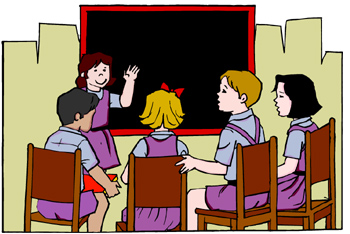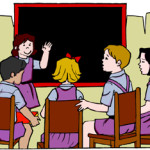Some articles ago, we spoke of the multi-faceted and multi-talented people known as polyglots, or those who can write and speak, with fluency, more than three languages. 
 Being such an interesting topic, I decided to revisit this subject as we had only hit the tip of the iceberg previously.
Being such an interesting topic, I decided to revisit this subject as we had only hit the tip of the iceberg previously.
While some polyglots are just naturally skilled at learning new languages (factors such as genes, differences in the brain, etc. come into play), others turn out this way based on their upbringing. Many people come from households where several cultures are at play, all at once. Perhaps a person has a Chinese mother and a Norwegian father, can you even begin to imagine how culturally and linguistically diverse this person would be?
In other cases, a child is reared in a country not native to his or her parents, and therefore, speaks both his parent’s native language as well as that of their “new country”. In fact, it is quite common for a bilingual or trilingual child to use different words from different languages interchangeably in conversation. They will simply pick the word, or best word, that comes to mind and use it.
Unlike in the United States, many countries and cultures emphasize teaching a second or third language as early as the first grade. Many schools in Europe and in South America offer bilingual course studies. Classes in their native language in the morning and classes in a second language in the afternoon. However, these don’t just include classes meant to learn the other language; these are classes where history, science, and other studies are taught in that new language. Imagine having been raised in that type of environment, can you imagine how much more capable one would be in learning and retaining new languages as an adult? Studies show that if you do not exercise these language skills early on, the chances of retaining a new language in the future, as an adult, is that much more difficult. In the United States, a second language is taught when the adolescent is roughly 14 years old, well past the prime age experts suggest.
For those of you out there that speak more than two languages, what influences in your life or upbringing made you this way?





